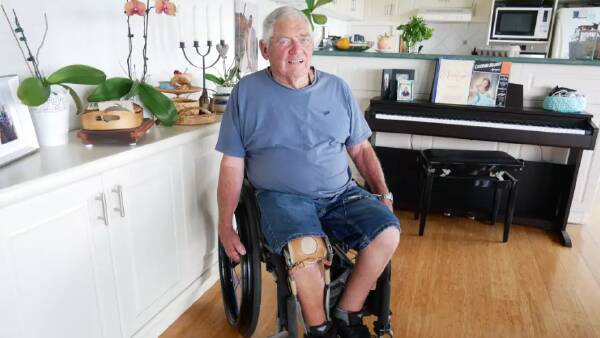A federal judge has intervened to block the Department of Justice’s attempt to subpoena medical records related to minors receiving hormone therapy and gender-affirming care at Boston Children’s Hospital. The ruling, issued on September 10, 2025, marks a significant legal development following the Justice Department’s issuance of over 20 subpoenas targeting healthcare providers treating transgender patients under age 19. This action has raised critical questions about medical privacy and the legal obligations of healthcare providers.
The Justice Department’s subpoenas, which came to light through a report by The Washington Post on August 20, demanded extensive documentation related to the care provided to transgender minors, including sensitive records such as psychotherapy notes. The sweeping nature of these requests has generated alarm among both patients whose information is at stake and the healthcare professionals delivering care. Reports suggest that some providers have opted to cease offering gender-affirming care to minors due to fears surrounding these inquiries, even in jurisdictions where such care remains legal.
According to Margaret Riley, a law professor at the University of Virginia specializing in health law, the subpoenas are unusual not only in their breadth but also in their lack of specificity regarding any alleged crimes. Typically, subpoenas are issued in connection with specific criminal investigations, making this approach particularly concerning for healthcare providers.
Understanding Medical Privacy Laws
The federal Health Insurance Portability and Accountability Act (HIPAA), enacted in 1996, established comprehensive privacy protections for healthcare information. HIPAA prohibits healthcare providers and associated entities from disclosing patient health information without explicit consent. The law was a response to increasing concerns over patient privacy, especially during a time when the internet made breaches more common.
While HIPAA allows for disclosures in response to subpoenas, it does not mandate them. Providers have the discretion to withhold information, though they may face legal repercussions, such as contempt of court, for non-compliance. This puts healthcare professionals in a precarious position, balancing their obligations to protect patient confidentiality against potential legal consequences.
In cases where providers decide to comply with subpoenas, HIPAA outlines strict guidelines. They must obtain written authorization from patients for certain information types, like psychotherapy notes, and the government must notify patients about the inquiry and allow them time to object. The Justice Department’s lack of detail about the underlying allegations complicates this process, as it makes it challenging for providers to determine the “minimum necessary” information to disclose.
State Shield Laws and Broader Implications
HIPAA serves as a baseline for privacy protections, but individual states can enact laws that enhance these protections. Currently, 18 states and the District of Columbia have implemented shield laws that guard individuals providing and receiving gender-affirming care from being compelled to disclose specific types of information. These laws are crucial for patients who may travel from states where gender-affirming care is restricted to those that offer it legally.
For instance, Washington’s laws prevent healthcare providers from responding to out-of-state requests related to lawful services provided in the state. Yet, it remains uncertain whether these shield laws would hold against federal subpoenas, and their effectiveness may ultimately be determined by the courts.
As this legal battle unfolds, the Justice Department has yet to clarify the specific claims it intends to pursue. Initial indications suggest the government may explore allegations of healthcare fraud or violations under the Food, Drug, and Cosmetic Act. The language used in the press release, particularly the reference to “mutilated children,” hints at the potential for serious legal claims, including those concerning female genital mutilation.
Both healthcare providers and individuals whose records have been subpoenaed are likely to challenge the breadth of the requests, which many view as overly expansive. As seen in the actions of Boston Children’s Hospital, legal representatives may argue that such subpoenas constitute a fishing expedition rather than a focused investigation.
The judiciary’s response to these complex issues will undoubtedly evolve over time. The implications of this case extend beyond legal outcomes; they touch on the fundamental principle of patient privacy and the need for individuals to feel secure in seeking necessary medical care. The ongoing tension between governmental oversight and medical confidentiality raises important ethical considerations that will likely shape future healthcare practices.


































































